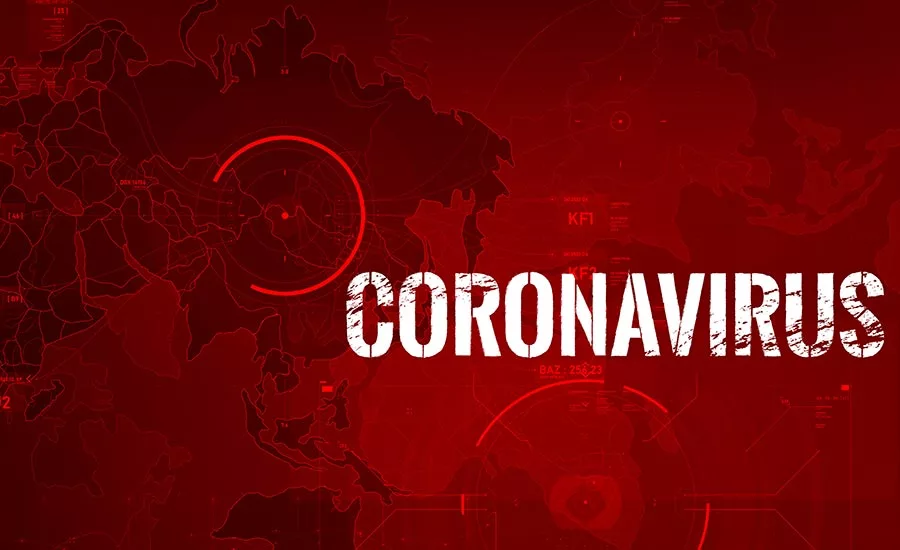Will COVID-19 Change Everything? The Case for Being Skeptical

Chances are that the novel coronavirus and the resulting disease — COVID-19 — has upended your world. Of course, that has meant a range of things. Some are forced to work and play at home, a moderate disruption. Some have lost their livelihoods altogether or have loved ones working or laying in a hospital. To others, the end of the world is their shrunken Vanguard balance. But is it just your world that has changed, or is it the world writ large? Several recent pieces in publications such as Politico and Foreign Policy argue that we are on the verge of cross-cutting global transformation(s). Changes are ahead, no doubt, but there are reasons to be skeptical about the most grandiose forecasts. Moreover, assuming a radically different future while in the middle of this storm can make us more vulnerable.
Venetian Dolphins and Confirmation Bias
Most theories about crisis as a force for transformation are easy to understand and quite logical. Ideas and institutions that are normally entrenched take a beating and new possibilities come to the fore. COVID-19 is no exception and, in the months and years ahead, we will be re-evaluating our public health, travel, and governance systems, among others. But issues arise when everything is assumed to be in flux, and the “nature makes a comeback” narrative on COVID-19 provides a good illustration. Drastic falls in air pollution were seemingly one of the few bright spots of our current crisis, but it did not take long for reports about dolphins and swans supposedly reappearing in the canals of Venice or about elephant lushes invading Chinese villages to start circulating. These debunked stories qualify more as “fake news” than as predictions, but they highlight how easily people tend to accept information that appears to confirm their pre-existing worldviews and to engage in wishful thinking.
The same tendency toward confirmation bias is quite evident in many of the broader global forecasts. In the articles cited above, Tom Nichols, author of The Death of Expertise, writes that the pandemic will result in “a return to faith in serious experts.” Katherine Mangu-Ward, editor-in-chief of the libertarian Reason magazine, sees a fall in “regulatory barriers to online tools.” Joseph S. Nye, Jr., a political scientist associated with theories of interdependence, suggests that U.S. strategy will need to be more…you guessed it, interdependent. None of these views are necessarily wrong, but the convenient alignment between previously held beliefs and predictions should make us wary. Faith in experts may wane further if some of the much-publicized worst-case scenarios do not come to pass, tech may still end up being the big loser, and as for geopolitics, great power competition may only get more vigorous.
Is this World War I or World War II?
Greater circumspection is called-for when referring to the long-term impact of COVID-19 because otherwise we run the risks of complacency and distraction. If we assume that this is the major transformative event of our generation, and imagined change supersedes real change, planning and preparedness for future crises may suffer. It may take more than one global emergency to permanently alter our way of life and the COVID-19 crisis may be a precursor to another. Major publications are already describing COVID-19 as a World War II moment, but the pandemic may be more akin to World War I. The “war to end all wars” was damaging and consequential but it did not have the final word. World War II ultimately swept away the old order at an even greater cost to human life and, to this day, historians debate on what could have been done differently during the interwar period to prevent it.
Lessons can be gleaned from other historical events as well. Although the end of the Cold War was without a doubt a once-in-a-lifetime event, U.S. triumph and the geopolitical shift that resulted blinded us to the incubation of countless other global problems in the 1990s, from terrorism to ethnic conflict. Such displacement of attention was also evident following the events of 9/11, when the war on terror proved a distraction from the resurgence of Russia under Vladimir Putin and the rapid growth of China’s economy and ambitions. There is no question that novel pathogens will be taken more seriously in the aftermath of COVID-19, but we must not lose track of the many ongoing shifts and dangers that we were focused on before – that includes other public health threats such as antibiotic resistance.
How to Think About the Post-COVID-19 Future
One of the great flaws of the internet and social media age is the focus on “firefighting” (and fire-gazing) as opposed to deeper reflection. Accordingly, the deeper conversation around COVID-19 as an inflection point should not be “shut down.” On the contrary, we should look forward to seeing how the thinkers of the day continue to perceive this historic event. It is incumbent upon us as consumers, however, to understand the context and potential logic leaps behind their prognoses. Changes are coming, but our entire way of life may not be at stake.
In parallel, we should also take a more measured approach to thinking about long-term effects. The intelligence community, for example, is fond of using data signposts to guide their estimates about what will occur. As of writing, the U.S. Department of Labor just announced that some 3.3 million people filed for unemployment from March 15 to March 21, a record. Such quantitative indicators can help us think about what is directly ahead even as we ponder the bigger questions on which the jury is still out.
Looking for a reprint of this article?
From high-res PDFs to custom plaques, order your copy today!







